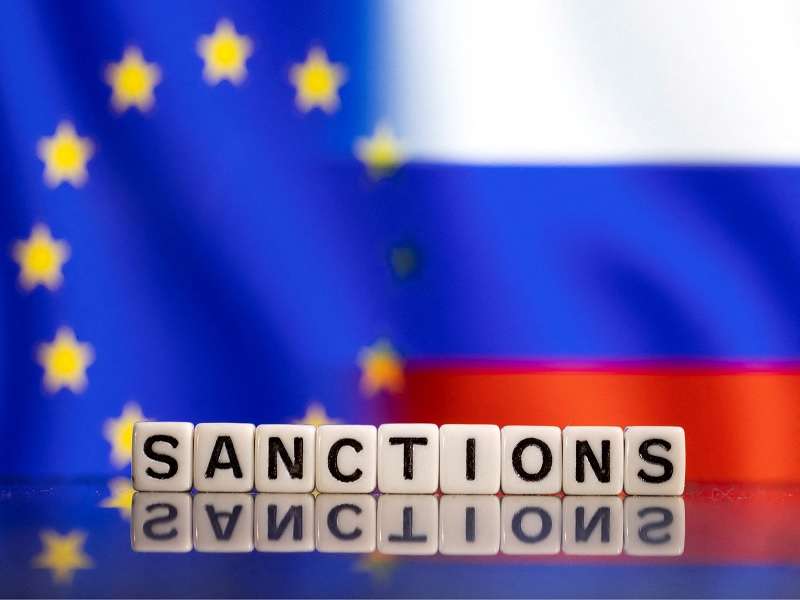Bloomberg reported on Saturday that “Some EU Nations Push to Weaken Russia Sanctions Enforcement Plan”. Brussels proposed forcing companies outside the bloc who purchase “high-priority items” like semiconductors to first deposit a sum into an escrow account. If they’re alleged to have resold these items to Russia, then they’ll lose their contract and at least half of their deposited money would go to Ukraine. According to Bloomberg, “diplomatic envoys from a group of big member states” aren’t happy.
They’re concerned that this proposal is unworkable and would amount to killing the competitiveness of the EU’s own tech companies since customers might scoff at having to jump through all these hoops and could prefer to do no-strings-attached deals with China instead. Their worries are sensible too since whoever does business with those EU tech companies would essentially be volunteering to let the bloc spy on their activities in order to monitor extraterritorial compliance with its sanctions.
Few anywhere in the world would feel comfortable with those terms, let alone the scenario of losing the amount they’d be forced to deposit in order to do business with those companies if they’re simply accused of violating the sanctions without even going to court over this first, which can’t be ruled out. It therefore makes sense to “to narrow the scope of the potential clauses and the list of goods that would be covered by the proposed measure” like Bloomberg reported that those envoys want to do.
The Baltics and others that the outlet claimed are in support of retaining the original terms don’t stand to lose the lucrative market share that the “big member states” do since they don’t build semiconductors and other “high-priority items”. Their interests are solely to restrict Russia’s access to them at all costs, including self-inflicted ones that risk ceding the bloc’s market share to China. Suffice to say, only ideologues would “cut off their nose to spite their face”, so to speak.
To be sure, the anti-Russian sanctions themselves amounted to precisely such a self-destructive policy, but the bloc’s ideologues are less in vogue nowadays after it became impossible to deny that the Russian economy is actually growing unlike many EU members’. Accordingly, there’s a credible chance that the “big member states” might successfully push through their reportedly proposed reforms, but that also can’t be taken for granted since the ideologues still hold some sway over influential policymaking circles.
